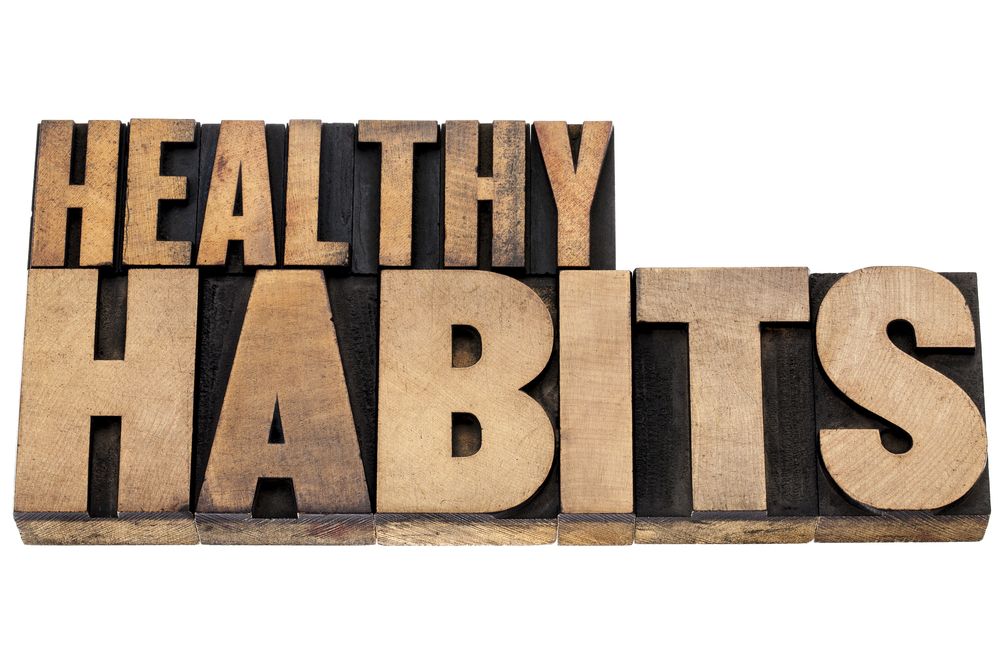More and more people in the U.S. are surviving cancer. If you’re among them, you may be looking for ways to keep yourself healthy into the future. Here are three of the most important:
- If you’re a smoker, quit. While more research needs to be done, there’s relatively strong evidence that smoking cessation increases a patient’s chances of surviving cancer.
- Make sure you receive appropriate cancer monitoring. If the disease should come back, or if a new primary cancer should develop, early diagnosis will be critical to the chances of successful treatment.
- Adopt a diet that emphasizes plant-based foods. Although the evidence so far is weak, there are indications that a plant-based diet may lower the risk of developing cancer for the first time, or of developing a new cancer after a previous diagnosis.
And there are other reasons to follow a plant-based diet: It’s recommended as a way to help protect against heart disease. More and more patients are surviving cancer, so, just like everybody else, they have to think about their long-term health — and heart disease kills more people than cancer.
A plant-based diet should include five or more servings of fruits or vegetables every day, in a variety of colors, to ensure that you’re getting a variety of nutrients.
That doesn’t mean going cold turkey on turkey sandwiches. There is little evidence that going meatless will make a great difference in your long-term survival. You do not need to stop eating meat entirely. But poultry, fish, and plant-based sources of protein — beans, for example — have been associated with an increased likelihood of longer-term survival.
You may be in the habit of building your meals around meat, especially at dinner time. Change that a little. Try going meatless a few days per week or per month, substituting proteins that come from plants, including lentils; peas or beans; tofu or tempeh (made from soy); seitan (made from wheat); or quinoa (keen-wah), a grain that can be eaten as a hot cereal or added to soups and stews.
Need some inspiration in the kitchen? You’ll find easy, healthy recipes, menus, and other practical information here.
Here’s to your good health!
